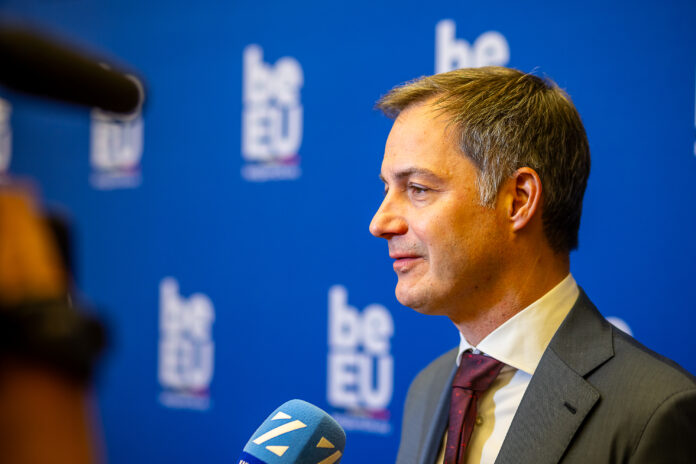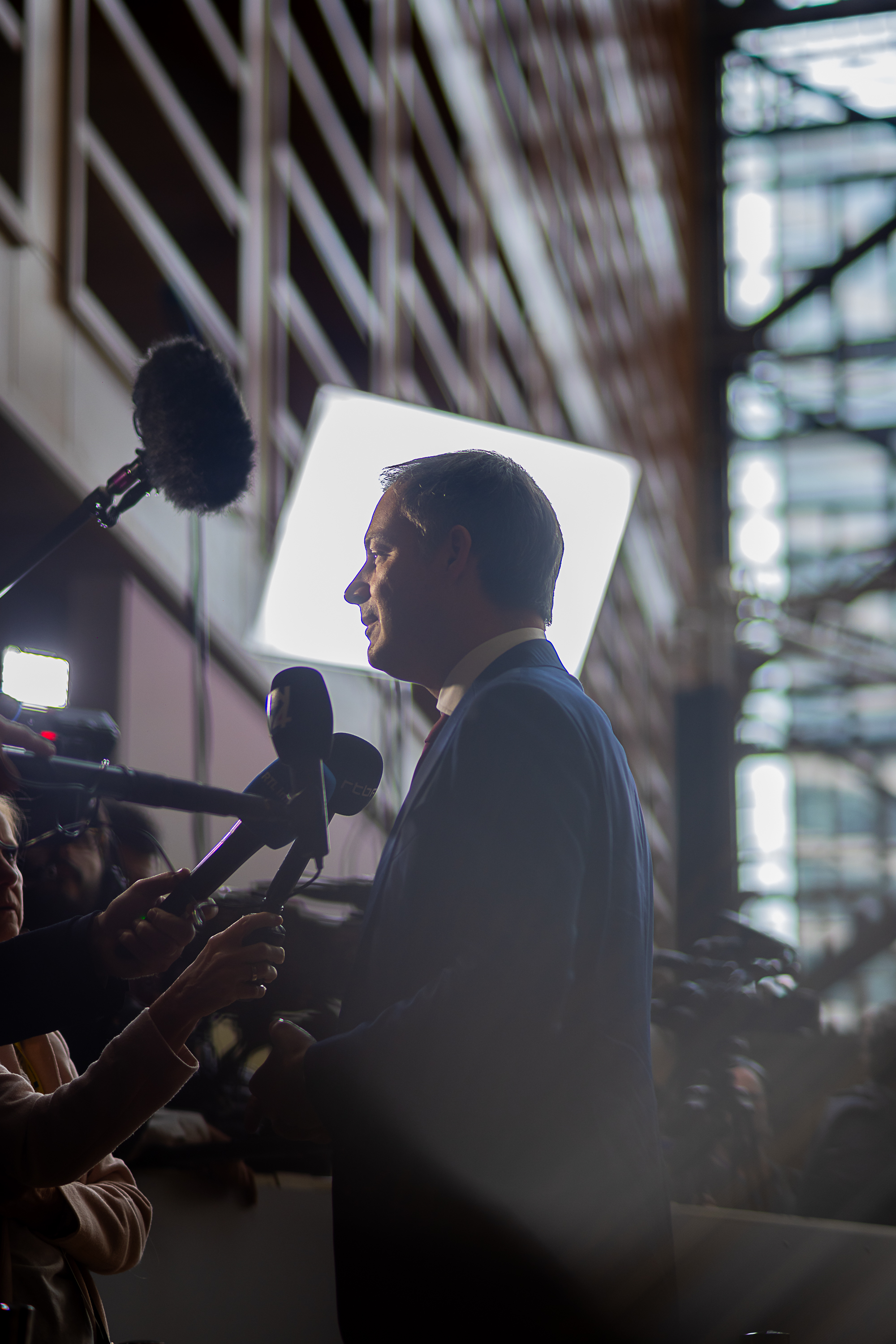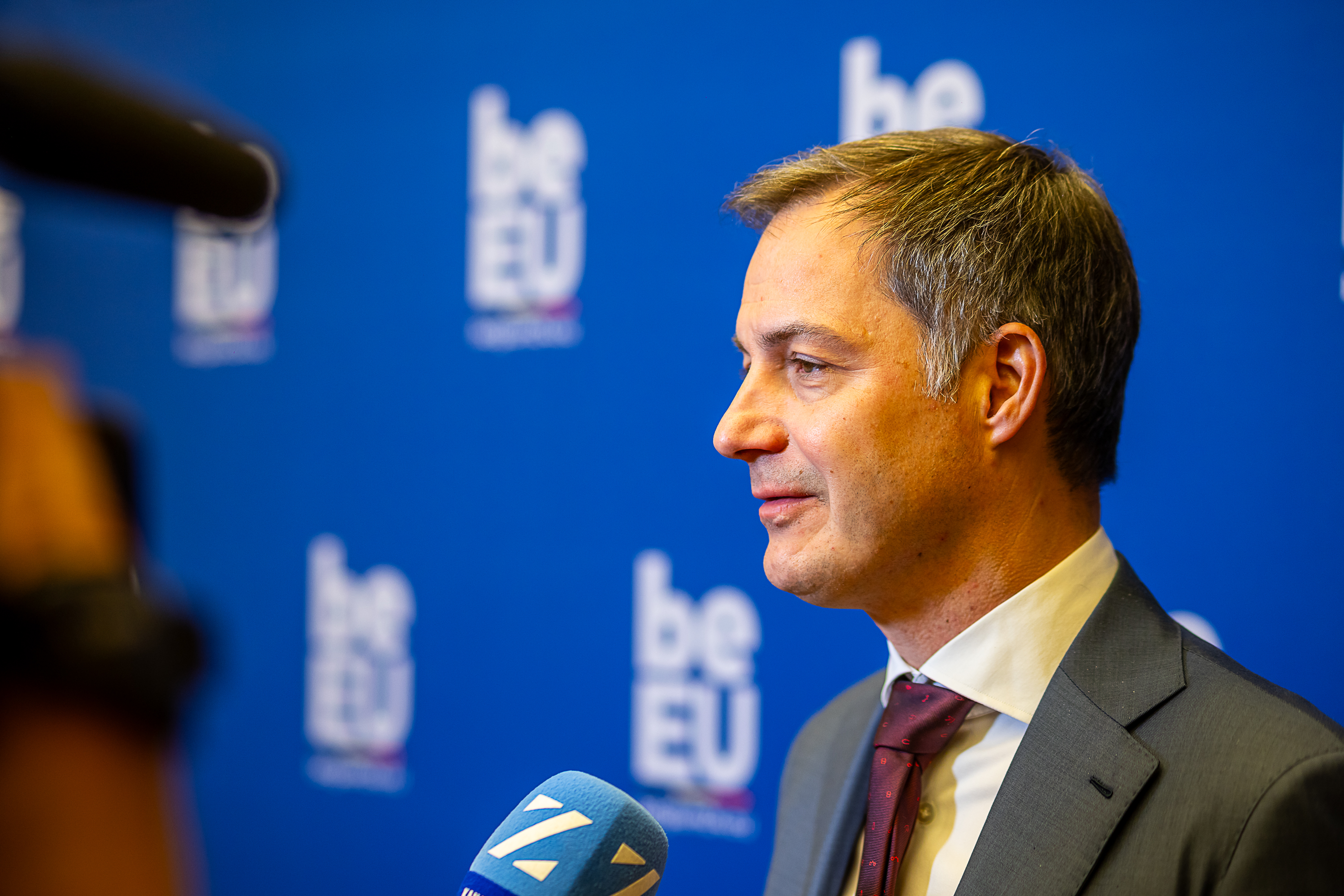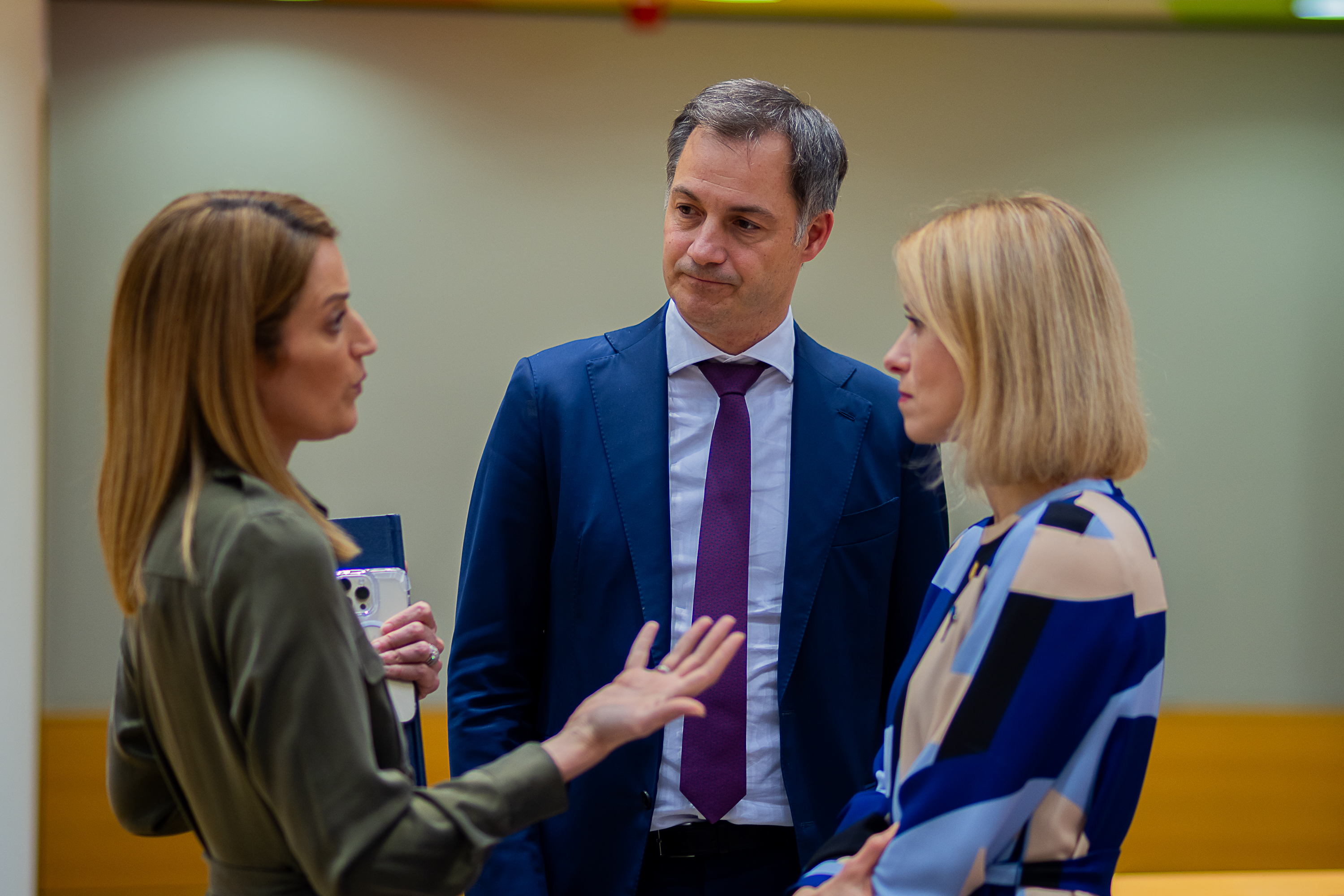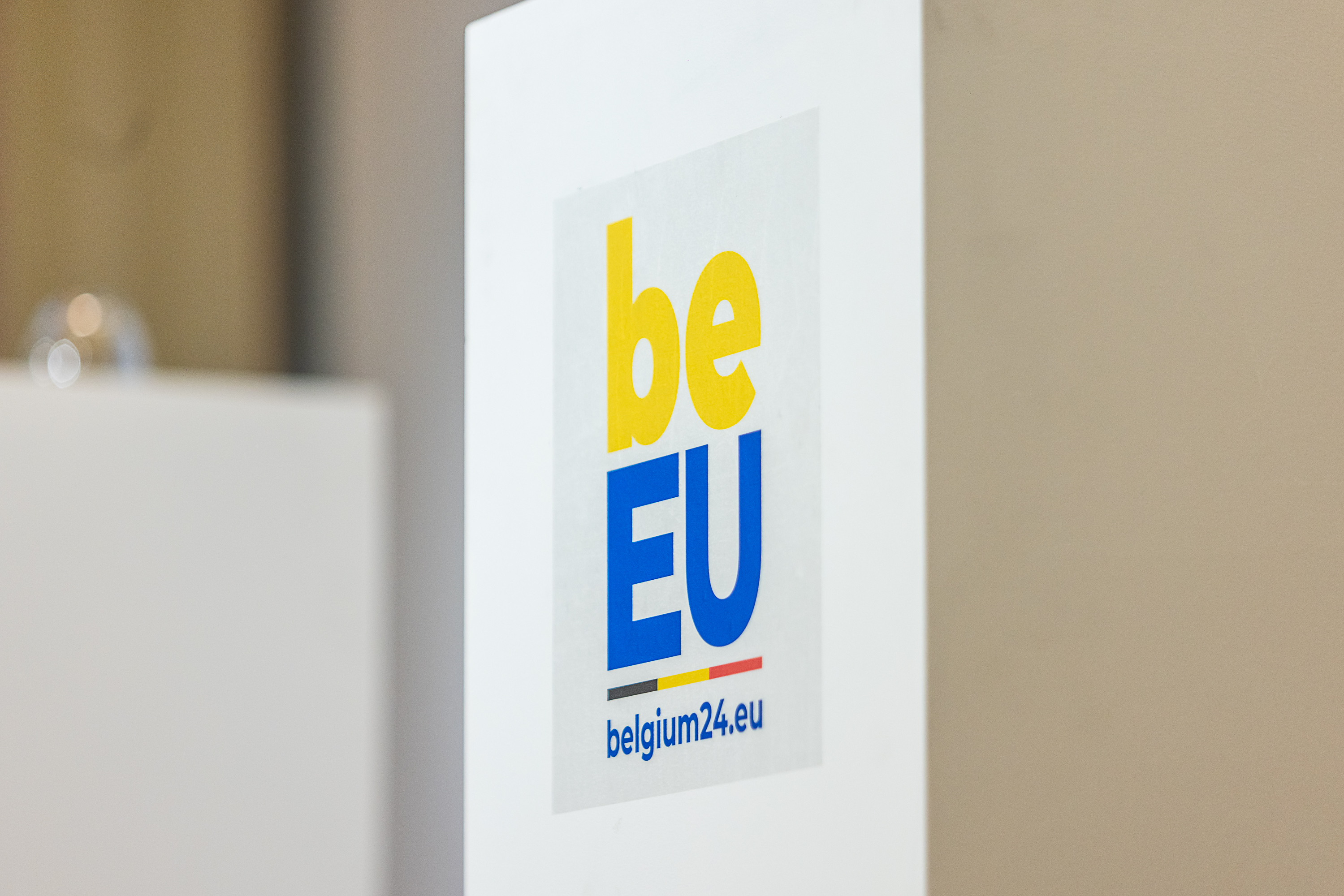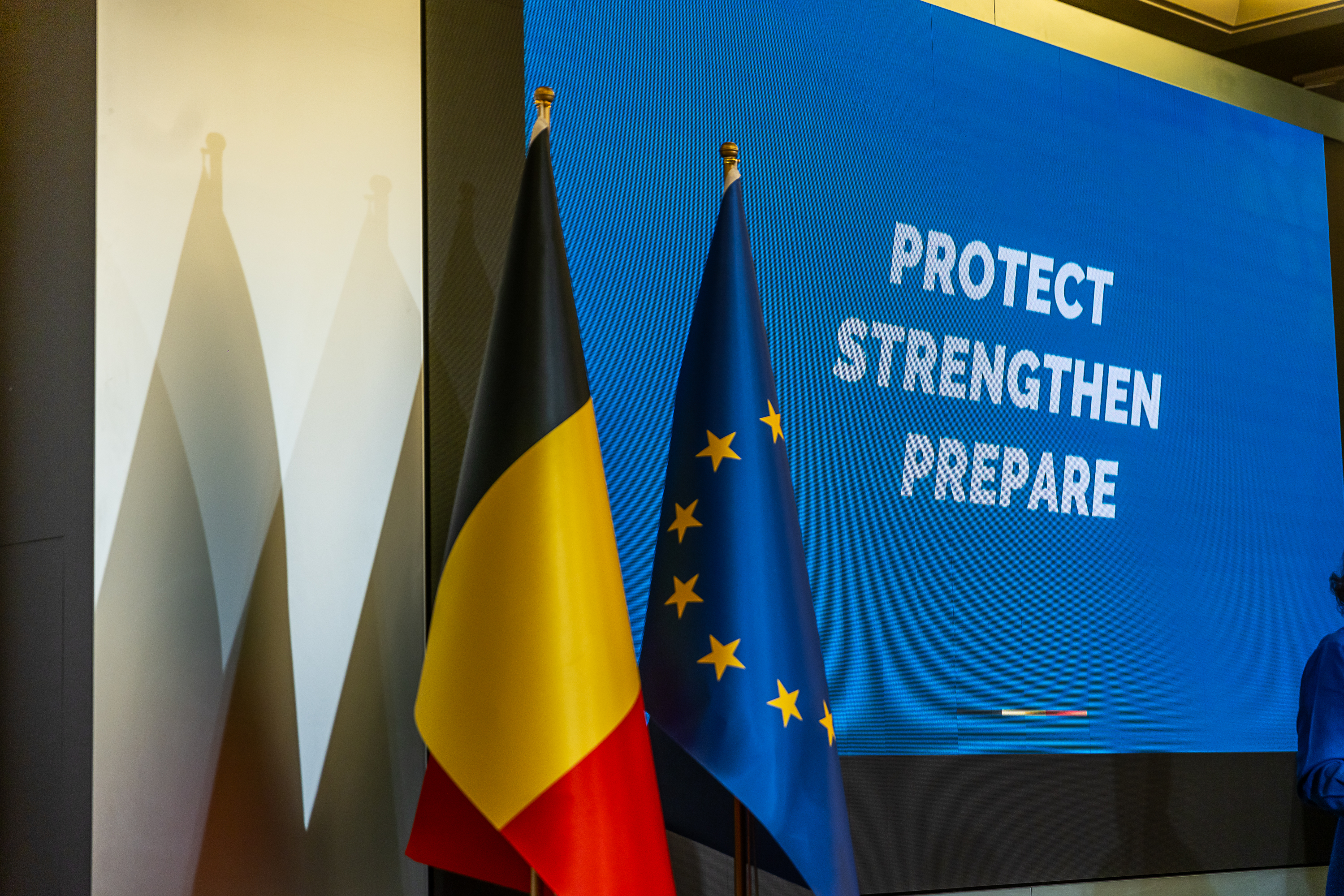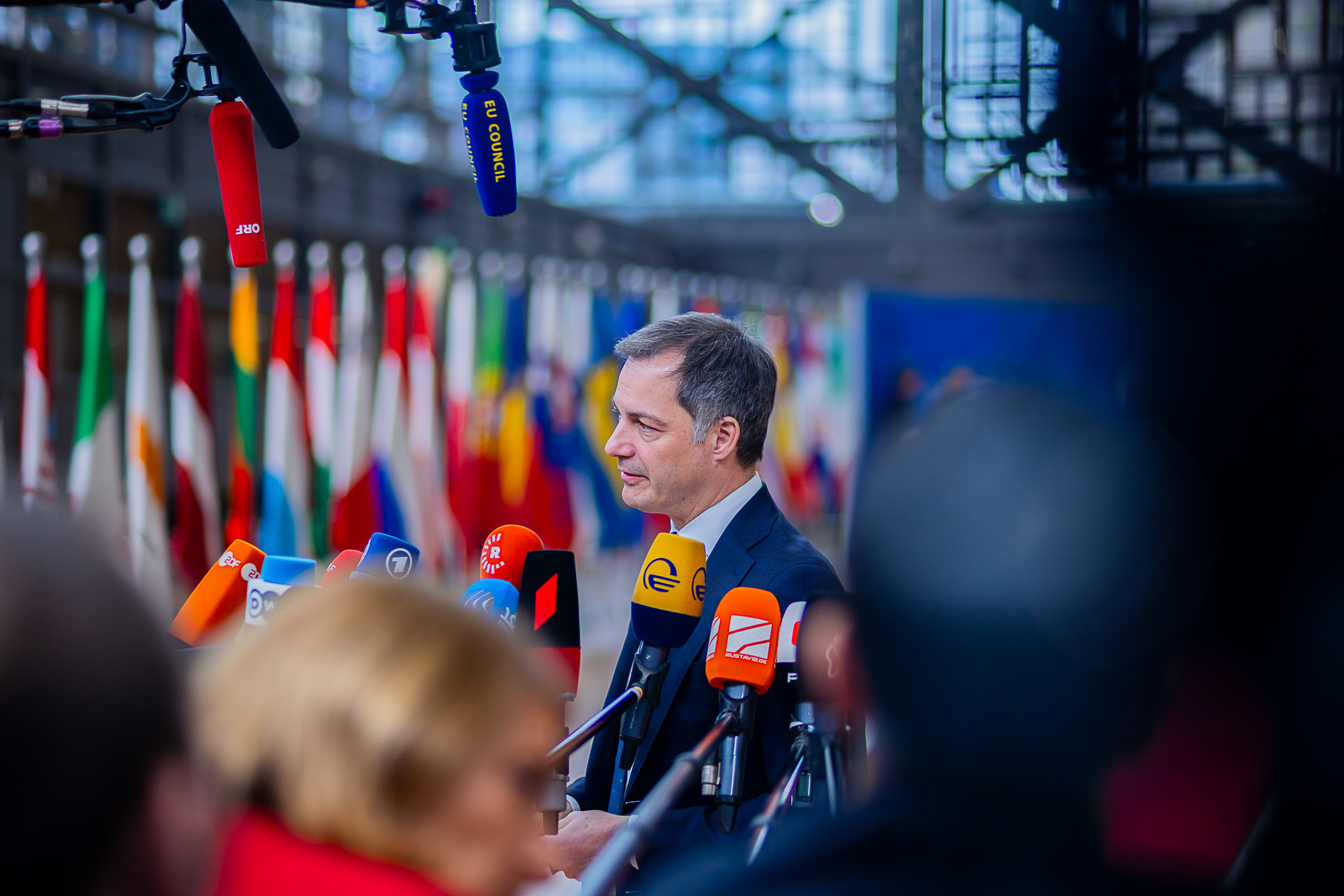Catherine Feore casts a quick glance at what’s in store for the next six months
On 1 January 2024, Belgium assumes the Presidency of the European Union. It is the thirteenth time that Belgium has been in the hot seat. At a launch in the Residence Palace a video of the highlights of those previous presidencies was shown. It was meant to reassure, showing how Belgium had already steered the EU through some choppy waters and helped the EU reach important milestones. Watching it, I thought how much simpler and idyllic Europe seemed then, but nostalgia often leads to a rose-tinted view of the past.
The launch on 8 December was also two months after the appalling events in Israel and the subsequent response which flattened large parts of Gaza and killed over 20,000 people, more than 40% of whom were children. The Gazan population is largely displaced, deprived of sanitation and the basic means of living. It has been shocking, but at the last European Council under the Spanish Presidency the conclusions on the “Middle East” consisted of one line: “The European Council held an in-depth debate on the Middle East.” That was it.
At the very same meeting, the EU took the momentous decision to open accession negotiations with Ukraine and Moldova. The principled stance and support for Ukraine and Moldova stood out in sharp contrast to the failure to call for a ceasefire and return of hostages in the Gaza conflict.
Belgian Prime Minister Alexander de Croo’s speech celebrated the EU’s many achievements, but acknowledged that Russia’s illegal aggression in Ukraine, the increase in extreme climate events and the renewed conflict in the Middle East, among other issues, meant that Europe was facing a crossroads.
De Croo said the priorities of the Belgian presidency could be summarized in three words: Protect, strengthen, prepare. “Protecting our people means protecting our borders, strengthening our social and health agenda and defending European unity in supporting Ukraine.” On “strengthening” the prime minister said that this was aimed at improving Europe’s competitiveness and at the same time “delivering on the green, digital and just transition”. At a later briefing, the head of Belgium’s Permanent Representation to the EU said that Belgium would be particularly focused on improving the competitiveness in the pharmaceutical area – a sector in which Belgium excels.
On the third element, “prepare”, de Croo referred to the need to review the EU’s institutional framework for a further enlargement. There is already a growing consensus that the current workings of the EU institutions are not delivering – with a further enlargement there is a fear that there will be complete gridlock. The behaviour of Hungary, in particular, has underlined how the EU can be held to ransom by even one member state which flouts the EU’s commitment to the rule of law and sincere cooperation. The Belgians will do the groundwork and are proposing further citizen assemblies similar to the Conference on the Future of Europe, to prepare a first draft of what is needed by the end of their presidency. This is the start of what is likely going to be a drawn out debate; no European leader looks forward to the trials and tribulations of fundamental treaty change and ratifying the result.
There are 150 legislative files awaiting the incoming presidency, but de Croo says that they won’t lose sight of setting the longer term strategic direction of the EU. Since the Hungarian government will take charge in the second half of the year it might be all the more important to do forward thinking in the first half of 2024.
There are two additional complications to the incoming presidency. Firstly, Belgium will have national and regional elections during its presidency. Secondly, there will also be European Parliamentary elections and preparations for a new Commission. MEPs can become more polarized in the run up to elections and less consensual in order to put clearer choices before voters; on the other hand, it can have a sobering effect knowing that a file will be delayed for months, even years, if it is not done and dusted ahead of European elections – after all, voters also want to know what their MEPs achieved during their mandate. Commissioners who are coming to the end of their terms are also looking towards life after the Commission and some have already jumped ship, returning to political life in their home countries.
When MEPs and Commissioners took office nearly five years ago they couldn’t have anticipated the trials and tribulations they would face – a pandemic, Russia’s further invasion of Ukraine as well as all the other ordinary challenges of change from AI to meeting numerous climate-crisis related crises. 2024 will be a pivotal year for Europe – to cover what’s happening, Together will provide more political content online.
www.belgium24.eu


